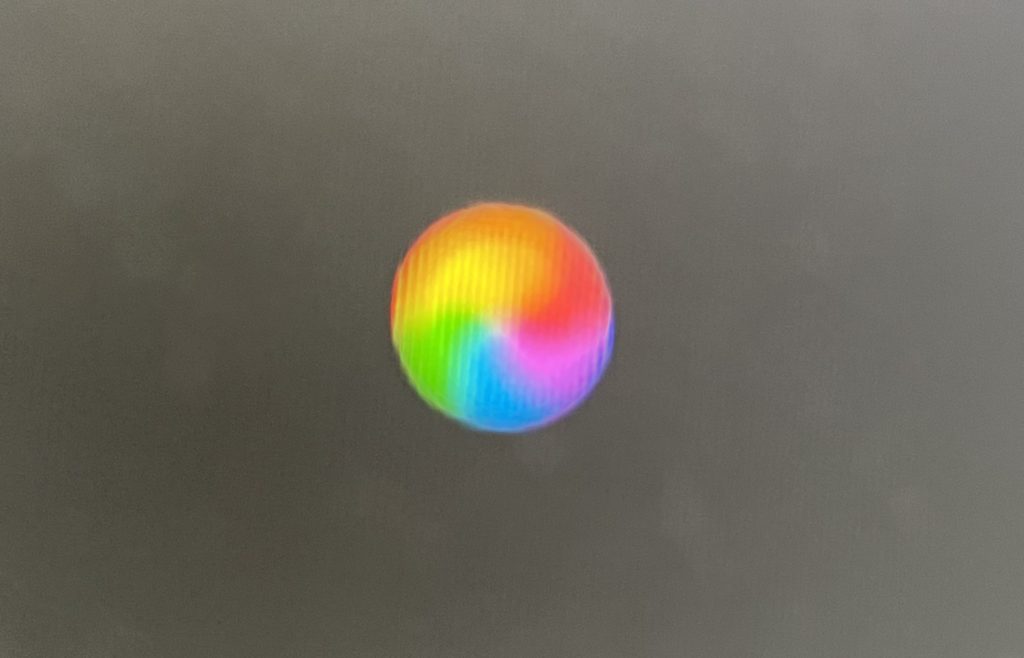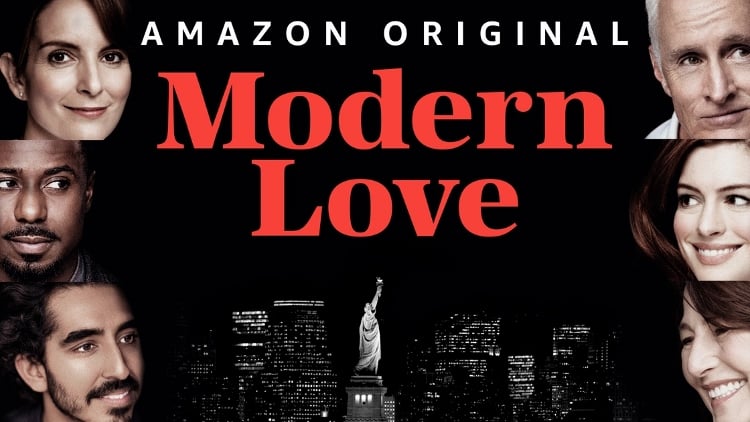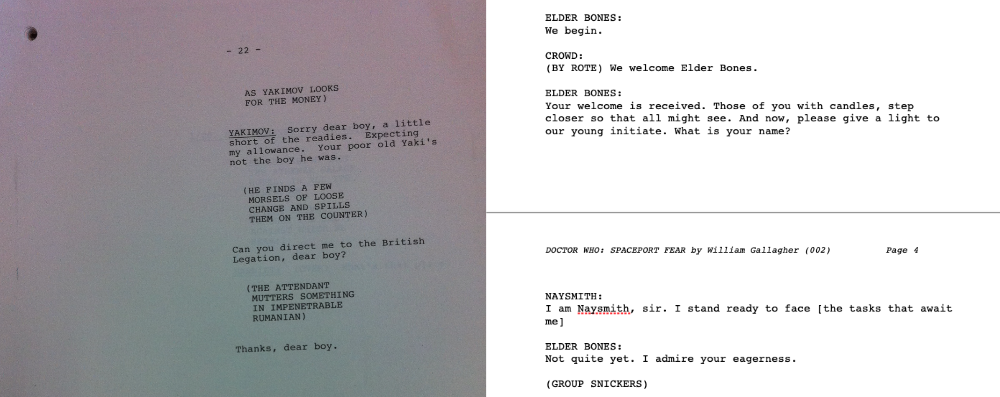I can’t remember a time when I wasn’t waiting for something, some result, some decision, even just something to render. But you can be waiting for precisely the same amount of time and one is heavier than the other.
Yes, I’m waiting on something. How could you tell?
I think there are two ways to wait for something without it pressing down on you. No, hang on, call it three: you could also just not care about whatever it is. That does happen and surprisingly often: you pitched for something and know that if you got it, it would be great, but if you don’t, it’s a shrug.
Of the two ways I was originally thinking about, one of them is actually quite similar. Whether you want it or not, you make yourself forget it as if you’re don’t care. This works so rarely that I can actually count the number of times it’s worked out. On both occasions, I would get updates from the people I was waiting for, and apologies for various delays, but on both occasions I was fine. The total certainty that it wasn’t going to happen, that I wasn’t going to get it, meant I could cheerily reply and shed it all from my mind a moment later.
That can’t be the usual thing of thinking you won’t get it because you somehow don’t deserve it, though. Instead, it has to be from the cold producer part of your head, the part where you can see the project from the other peoples’ perspective. For instance, I remember very clearly having a great time at a kind of interview for a gig once and as I walked out, poet Jean Atkin walked in.
Bugger, I thought, even I would hire her over me for this particular job. If they have any sense, I knew, it was her gig and rightly so. They had sense.
Actually, now I think of it, there was another time few years ago when I ended up on a train with poet Bethany Rivers after we’d both pitched for the same work, I came to the same conclusion and I was right, she correctly got the gig, but I also remember this now. She got off the train a stop before me and between her station and mine, I got an email offering me work. It wasn’t as well paid but it was more me and to this day, I’m still involved with that and Bethany is still with that gig.
You may choose to take this as meaning that you never know when you’ll get a commission. I prefer to think of it as a warning that I should never go up against poets.
Anyway, that kind of practical assessment, that’s what I need in order to constructively believe I’m not going to get the thing I’m waiting for. When I don’t run into the competition, it’s harder to make these assessments but, for instance, there was one where I could even see legal hurdles and certainly contractual ones over booking me compared to some unknown other writer. It was complicated. Mind you, I got that one.
I don’t know who else is in the running for this thing I’m waiting on now, and I have no capability of making an assessment over my chances because it isn’t a numbers game. It isn’t me or someone else, it could be me and someone else, it could be no one. Yet this is something like the fourth or fifth step in this particular project’s process and the first three were a complete lightweight doddle to wait for. Lightwait, that’s what I should call them. No expectations, coupled to plenty of awareness that it was all going to be steadily delayed by the coronavirus issues anyway.
I sailed through those waiting times, merrily replying to apologies for delays and having the entire thing vacate my mind again the instant I hit Send.
Not now. Not so much.
Yet there is this other way I’ve got of handling waiting. What I do is –– I don’t. I don’t wait.
There’s nothing I can do to speed up a decision that’s entirely out of my hands, but I am in complete control of what else I do while I’m waiting. And what I am fortunately finding works once more is that I get out there and pitch for something else. Somethings else, many, many somethings elses.
This has gone wrong before. I’ve ended up getting the thing I was waiting for and also every single one of the other things I pitched to do in order to distract myself. It made for an extremely busy period, but if you have a way to make me be that overstretched all the time, I have a limb I want to interest you in.
There is a fourth thing. I promise I wasn’t holding this back, I’ve just been staring at everything I’ve said to you and wondering about the undertow, the way that you know this particular wait is hard. But saying it all to you, I don’t know, it somehow reminds me.
I can count how often I’ve had certain lightwaits and I can’t count how many times I’ve had to wait for something. It’s just that somewhere between twice and countless, it is astounding how many times I’ve been hired by people after they’ve first rejected me.
Repeat this after me so that I can hear you and get it into my head. Rejection is not automatically the end, even when it’s a rejection that matters to you. It’s at least often the start. And if I cannot tell you yet what all of this is about, I want to tell you that it does feel like a new start in a new area. It feels like I’m in a new game, it just seems to come laden with the same waiting weight that all my previous writing work has combined.
I’ll let you know as soon as I can. Although if I appear fixated on chocolate the next time we speak, don’t press.


